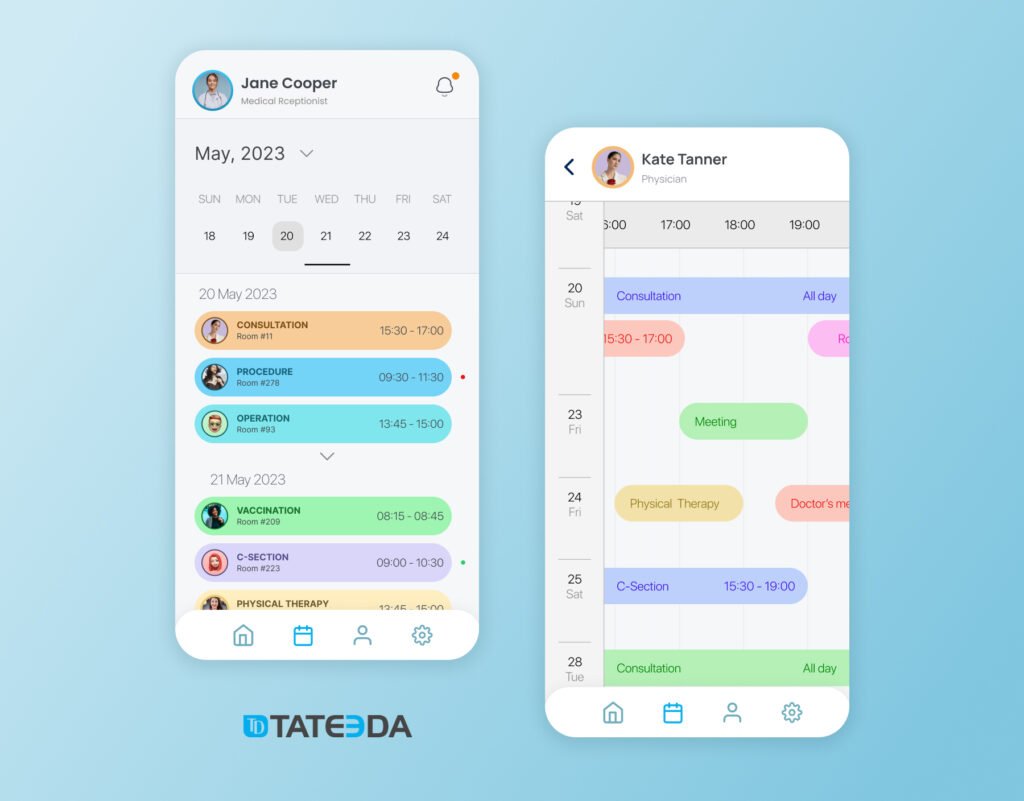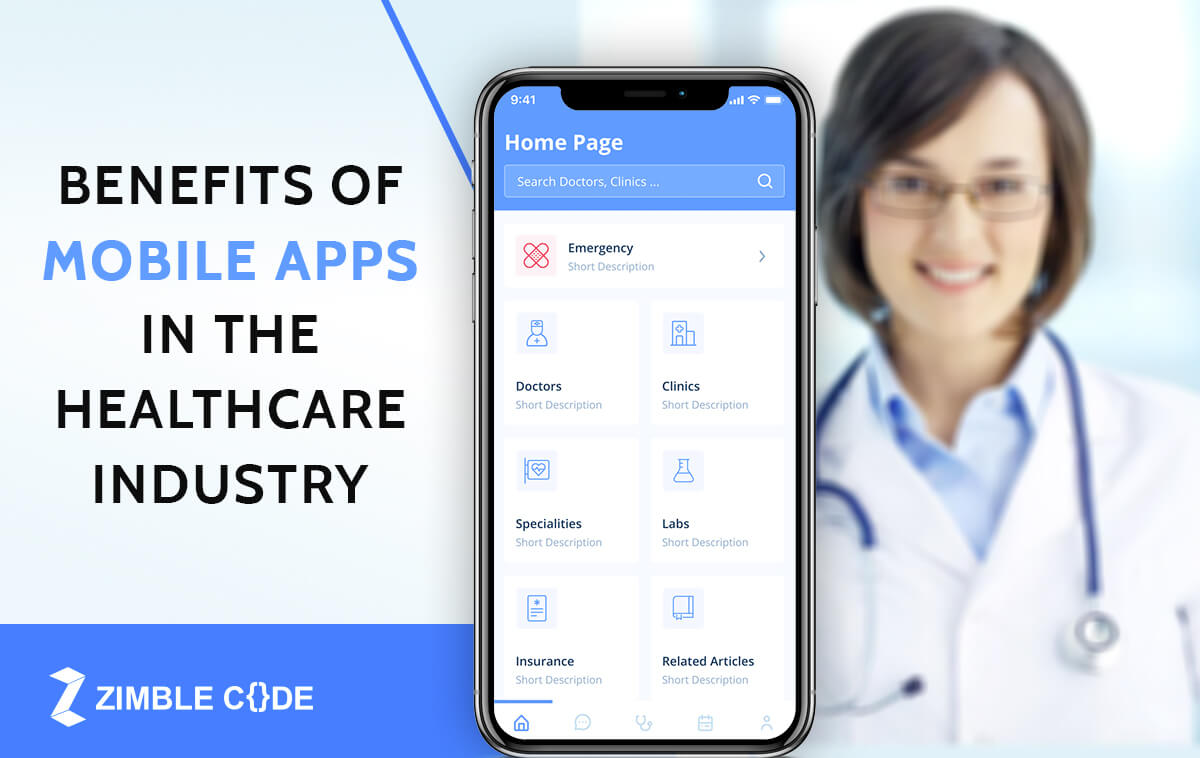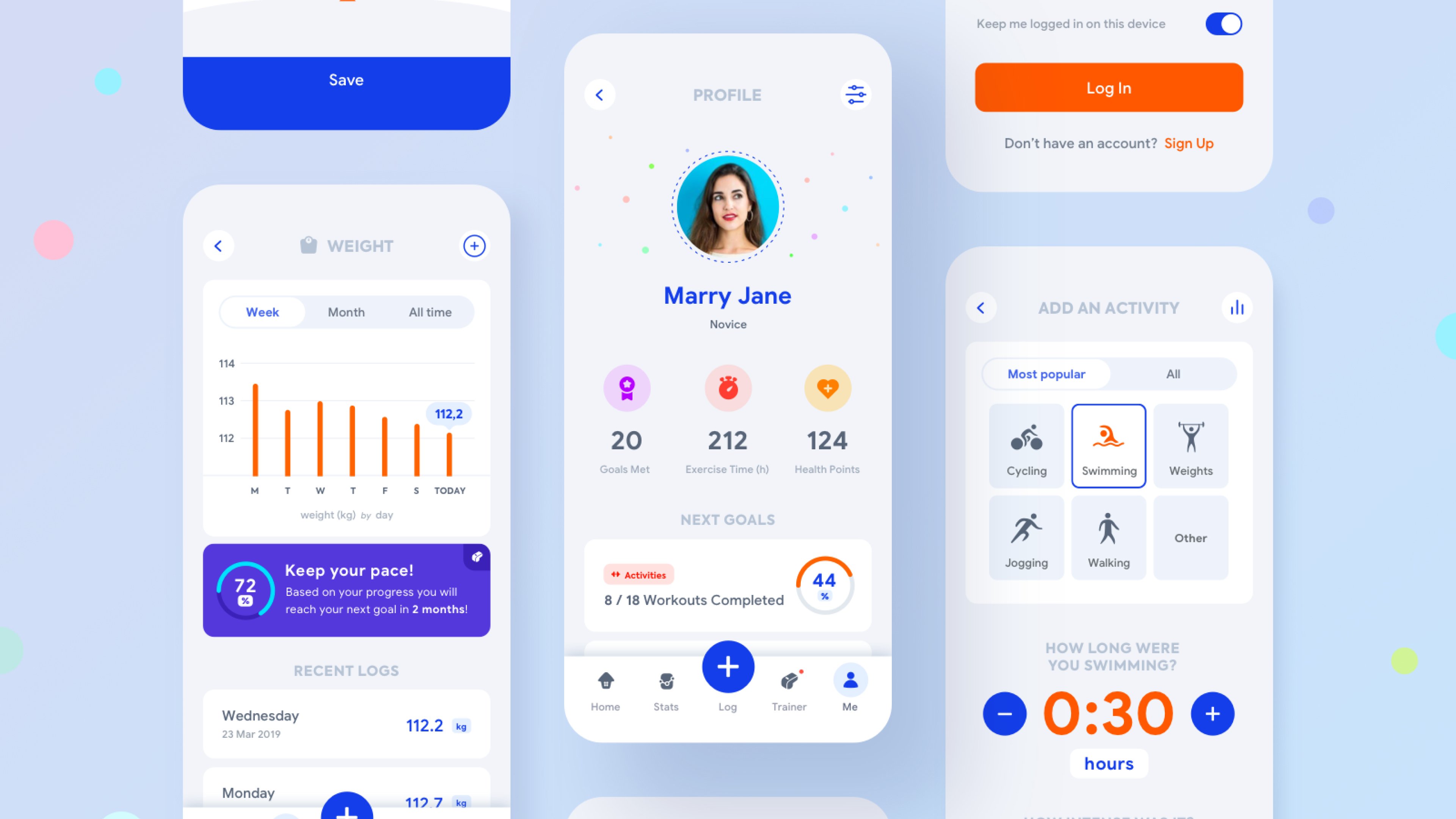Best Practices for Creating a Mobile App for Clinics That Fulfills Patient Demands
Best Practices for Creating a Mobile App for Clinics That Fulfills Patient Demands
Blog Article
The Future of Healthcare: Why Clinics Required a Mobile App Today
As the healthcare landscape proceeds to evolve, clinics face mounting pressure to adapt to patient expectations for greater convenience and ease of access. The combination of mobile applications can serve as an important method for enhancing client interaction and improving operations.
Changing Patient Expectations
As the landscape of health care develops, client expectations are going through a considerable change. Today's patients are significantly seeking ease, access, and personalized treatment.
In addition, patients are ending up being more notified and equipped, often investigating problems and therapies on the internet before appointments. This enhanced awareness is coupled with a demand for openness in medical care procedures, including cost quotes and therapy alternatives. Therefore, carriers are compelled to adapt by embracing digital tools that improve the individual experience.
The assumption for prompt and effective interaction has actually never ever been greater, with lots of clients taking into consideration responsiveness a crucial component of quality care. mobile app for clinics. In this developing landscape, health care organizations should acknowledge these altering expectations and leverage mobile applications to foster a more patient-centric approach, guaranteeing that they not only satisfy however surpass the requirements set by today's educated consumers
Enhancing Client Engagement

Mobile applications help with communication in between people and doctor, enabling real-time visit organizing, reminders for medicine adherence, and straight messaging features. These performances not just boost comfort but likewise construct a feeling of liability among clients. In addition, mobile applications can offer academic content customized to specific needs, aiding individuals better understand their conditions and therapy alternatives.
The assimilation of gamification components within healthcare apps can also encourage individuals to participate in healthy and balanced actions, reinforcing favorable way of life adjustments. By tracking progression and fulfilling success, clients are most likely to remain committed to their wellness objectives. Eventually, improving client interaction through mobile applications leads to enhanced health and wellness results, higher person satisfaction, and a more collective healthcare experience. Facilities that prioritize this element will likely see a considerable influence on the top quality of care delivered.
Enhancing Clinic Procedures
Simplifying center operations is vital for enhancing operations performance and enhancing person care. The execution of mobile applications can considerably minimize administrative concerns, permitting doctor to focus much more on client communications. By automating appointment scheduling, individual check-ins, and invoicing procedures, centers can lessen wait times and improve general operational efficiency.
Mobile applications likewise promote real-time accessibility to individual records, allowing medical care professionals to make educated decisions swiftly. This immediacy not just boosts the top quality of care but likewise minimizes the chance of mistakes connected with misplaced or outdated info. Moreover, leveraging my link mobile modern technology sustains a much more well organized method to handling individual follow-ups and therapy strategies, ensuring that no crucial steps are neglected.
Furthermore, mobile apps can improve inventory management by providing clinics with devices to check medications and supplies successfully. This enables for timely replenishment and helps stay clear of disturbances in individual care due to stock lacks. By integrating these functionalities right into their everyday operations, facilities can produce a much more effective and cohesive setting, eventually resulting in boosted individual outcomes and more helpful hints complete satisfaction. Embracing mobile modern technology is not just a trend; it is a needed development in the healthcare landscape.
Improving Communication Channels
Reliable communication is often pointed out as a keystone of top quality health care distribution. In today's fast-paced medical setting, mobile applications can considerably boost interaction networks in between clinics, clients, and medical care suppliers. By integrating mobile apps into their operations, centers can promote real-time communications, guaranteeing that individuals obtain timely information regarding their consultations, examination results, and treatment plans.
Mobile apps likewise equip people to interact straight with their medical care groups through secure messaging functions. This direct line of communication promotes a feeling of involvement and permits for prompt clarification of concerns, which can result in much better adherence to treatment protocols. Push alerts can remind clients of upcoming appointments or medication schedules, minimizing no-show prices and enhancing general health and wellness outcomes.

Staying Affordable in Health Care
In a swiftly progressing healthcare landscape, organizations have to focus on development and versatility to maintain an one-upmanship. The assimilation of mobile applications right into healthcare services is no more optional; it is necessary for centers intending to enhance individual involvement, improve procedures, and enhance overall solution shipment.
As people progressively depend on digital platforms for health and wellness monitoring, centers that fail to take on mobile modern technology danger falling back. A properly designed mobile app can supply attributes such as consultation scheduling, telemedicine consultations, and access to medical records, supplying clients with ease and promoting loyalty.

Competitors are additionally investing in mobile services, so remaining in advance requires continual improvement and remaining informed about technical advancements. Facilities have to not only carry out mobile applications however additionally participate in regular updates and refinements. Inevitably, the effective assimilation of mobile technology will differentiate forward-thinking medical care companies and set the benchmark for patient-centric care in a digital world.
Final Thought
In verdict, the assimilation of mobile applications in centers is important to deal with the read this advancing landscape of client expectations. Ultimately, the tactical application of mobile apps represents a vital step toward supplying tailored and available medical care, thus satisfying the needs of today's encouraged people.
Ultimately, enhancing individual involvement with mobile applications leads to enhanced health outcomes, greater person fulfillment, and an extra collaborative medical care experience.Mobile applications additionally help with real-time access to individual records, making it possible for medical care experts to make informed choices swiftly. In today's hectic medical environment, mobile applications can substantially improve interaction channels in between clinics, patients, and healthcare service providers.Mobile apps likewise equip people to interact straight with their healthcare groups with protected messaging functions. Eventually, the critical implementation of mobile applications represents a vital action towards supplying tailored and obtainable health care, consequently meeting the requirements of today's encouraged clients.
Report this page